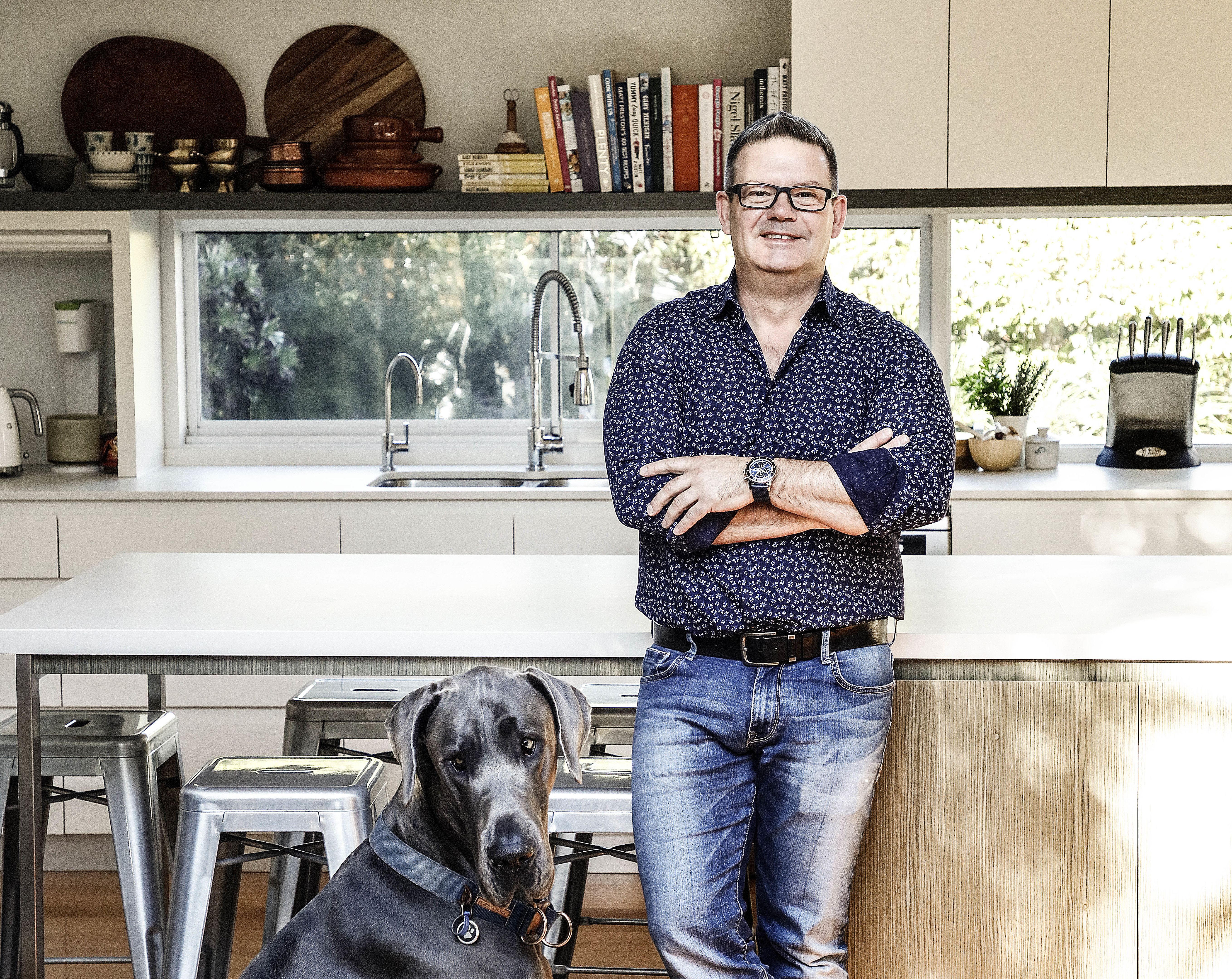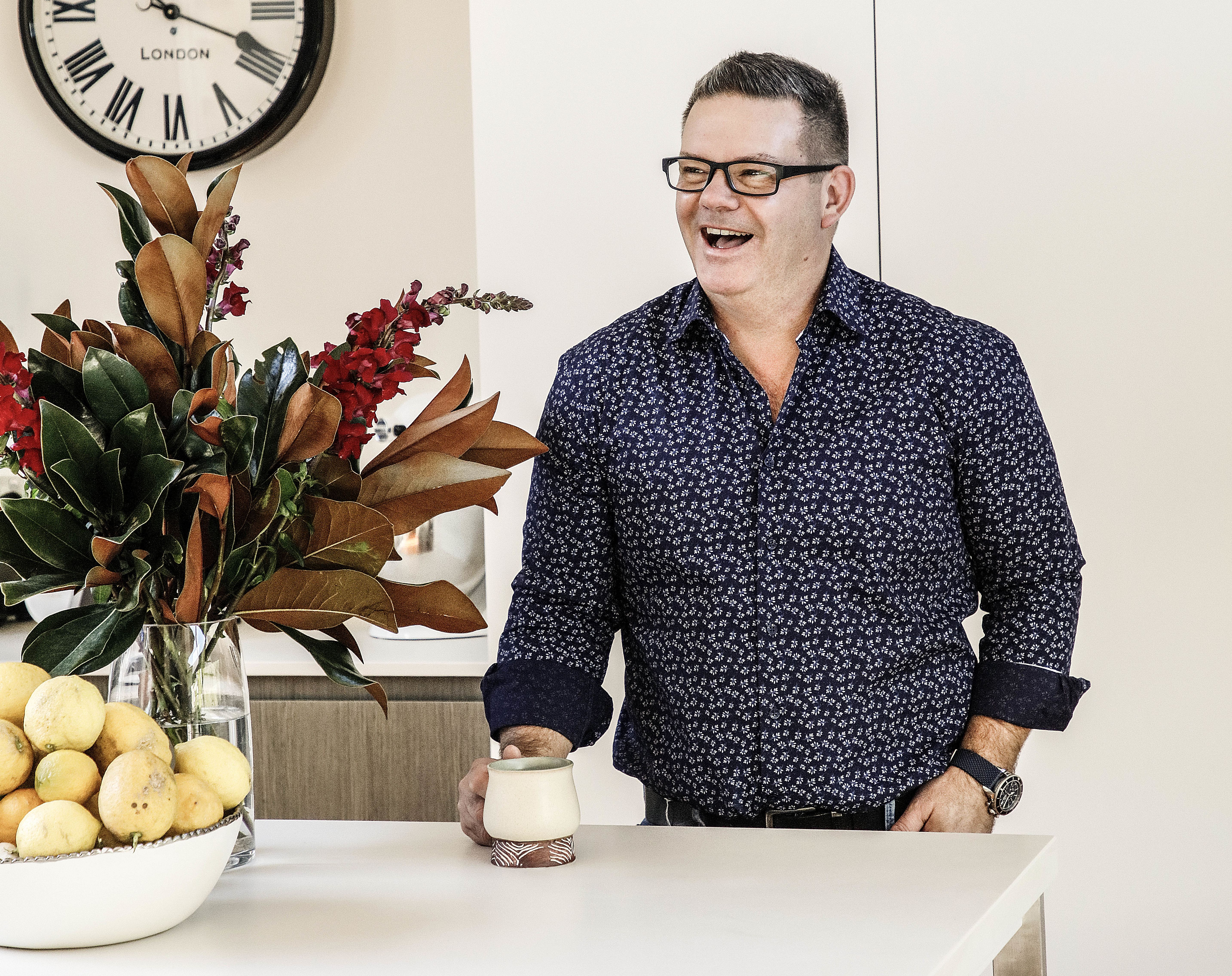First Person: 'I am Gary Mehigan and I’m a judge on MasterChef'

Everybody asks me what will be different with season 11 of MasterChef Australia, how can this concept still work? If you compare season one to 11, they’re chalk and cheese.
Since we started the show, the food landscape has changed dramatically. The conversation around food has too, and it means we’re seeing a higher standard every year we come back to TV.
This season’s MasterChef brings more diversity in food. Our food has become more spicy and textural. The slippery to smooth, gooey to crunchy. We see influences from south-east Asia – Thai and Vietnamese, Indian, Malaysian.
What we get to see is various contestants interpret food in a different way; an 18-year-old might approach a dish completely differently to a 40-year-old.
The show not only changes the lives of those who compete, but mine has shifted from having a life as a restauranteur and working as a chef – if you like, a relatively narrow band of daily experiences – to one where that is amplified and I get to travel a lot for my work. My fascination with food has become much more global.

We never expected the show to become a worldwide hit. We are broadcast in 180 countries, watched by 20 million people including in India, South America, Brazil, the UK and France. Every year I think that season might be the last but it hasn’t been the case. I am living my dream job.
George Calombaris, Matt Preston and I describe ourselves as the three ultimate food nerds.
We went on a boys’ trip to celebrate 10 years of the show last year. We did a 16-day tour and visited Naples, Barcelona, the Caribbean and more. We reset, recalibrated, researched and got some great life experience along the way.
I’d love to see us all move into more travel-based food shows.
Aussie audiences don’t want their celebrities to get too big for their boots – they acknowledge you with your first name if they see you on the street.
I get a lot of that when I visit a supermarket or go to the post office.
MasterChef Australia \ 7.30pm, Sunday to Thursday, Network Ten
We recommend
We thought you might like
States
Capital Cities
Capital Cities - Rentals
Popular Areas
Allhomes
More







